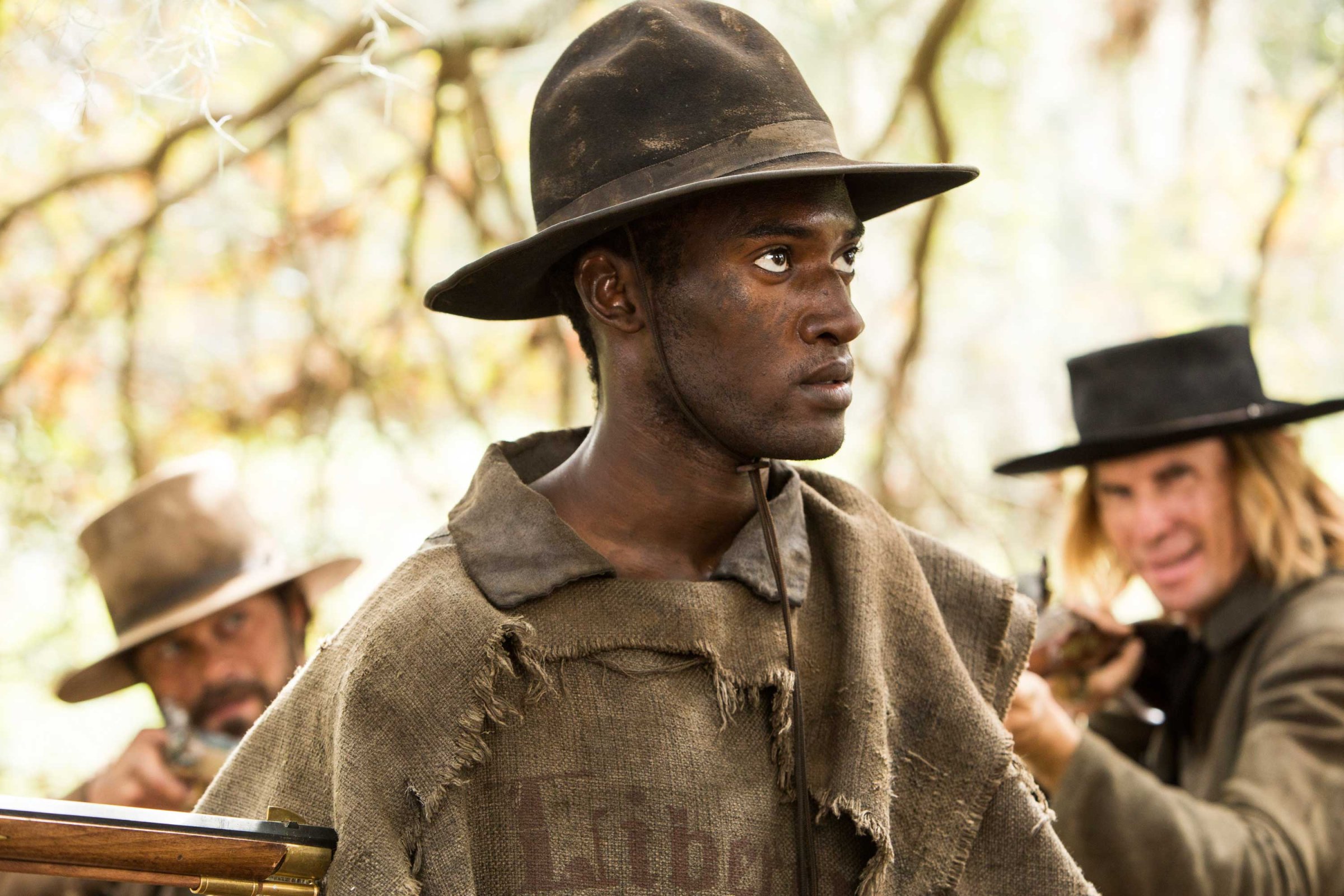
In 1977, ABC did something challenging by that era’s standards, and impossible by ours: the network got millions upon millions of people to sit and watch a broadcast that didn’t have a halftime show. The final episode of the miniseries Roots, based on Alex Haley’s novel depicting one African family’s journey through the horrors of slavery in the U.S., remains one of the most widely watched programs of all time. The visceral power of the violent and upsetting story has become entangled, over time, with its decade-defining popularity. Like Star Wars or the Mona Lisa, Roots’ artistic success was leveraged by its viewership; if it hadn’t been so widely seen, it wouldn’t be so widely remembered as urgent and necessary.
Which is why remaking Roots is both a canny decision–successes, in Hollywood, get sequels–and an odd one. There is no chance that 2016’s Roots will be seen by even half the number who saw 1977’s. The mere fact that it’s airing on a cable channel (History, which will show it on four consecutive nights beginning May 30) rather than a broadcast network indicates just how much audiences have splintered. If this version fails to rack up a sizable audience, will it still have a meaningful impact?
Say this for 2016’s Roots: It makes a case for its own existence, thanks to its striking cinematography. It’s alternately–or simultaneously–jarring and beautiful to look at, even when its frames are oil paintings smeared with blood. But the story hasn’t changed–following Kunta Kinte (Malachi Kirby) as he is stolen from West Africa, then depicting descendants including Chicken George (Regé-Jean Page) as they move, laboriously, toward freedom.
These lesser-known actors join an ensemble that includes Forest Whitaker, Mekhi Phifer, Anika Noni Rose and the rapper T.I. It’s exhilarating to see so many actors of color getting work, but it’s also troubling: not only do these roles require them to re-enact the debasement of black people, but they do so in the service of a story already well-told. Are there no other great productions that require their talents?
The characters of Roots have little recourse; Kunta and Fiddler (Whitaker) must simply endure, while George’s passions for luxury and cockfighting are a brief, narcotic escape from a reality he can’t shake. There’s real value in seeing, again, the evils of slavery depicted for what they were. But Roots’ narrative, so groundbreaking in its time, feels lacking in an era in which activists are forcefully reminding us that black lives matter.
On WGN America’s Underground, which recently ended its first season, black slave characters fight back and are allowed to win, while much-buzzed-about fall movie The Birth of a Nation depicts both oppression and rebellion. Contrast this with the generations of characters in Roots who are accurately but grimly depicted as just getting through life in hell. This threatens to dull our sense of outrage. After all, the greatest danger for a story like Roots is that, through repetition, its images of evil become clichéd.
More Must-Reads from TIME
- Cybersecurity Experts Are Sounding the Alarm on DOGE
- Meet the 2025 Women of the Year
- The Harsh Truth About Disability Inclusion
- Why Do More Young Adults Have Cancer?
- Colman Domingo Leads With Radical Love
- How to Get Better at Doing Things Alone
- Michelle Zauner Stares Down the Darkness
Contact us at letters@time.com